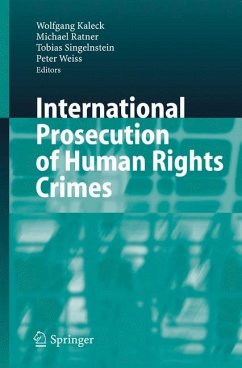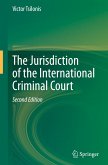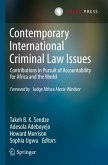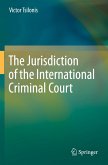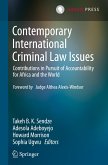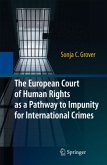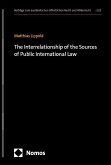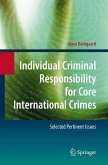1 In his separate opinion in the Nuclear Weapons case, Judge Mohammed Bed- oui, then the President of the International Court of Justice, called nuclear we- ons "the absolute evil. " There are a few other things which merit being called - solutely evil. They are the predicates of the International Criminal Court and of various domestic laws patterned on the Rome Statute: war crimes, crimes against humanity, genocide, and aggression. A conference organized by the Berlin-based Republikanischer Anwältinnen- und Anwälteverein (Republican Lawyers As- ciation) and the New York-based Center for Constitutional Rights was held in Berlin in June 2005 under the title Globalverfassung versus Realpolitik (Global Constitution versus Realpolitik). It dealt with the tension between these univ- sally accepted norms and the actual practice of governments in an age charact- ized by the ill-defined concept of the "war on terror. " This book is the outcome of that conference. It is intended for a wide variety of readers: academics, all kinds of jurists, as well as human rights activists, who sometimes know more about the applicable law than the legal experts. It owes its existence to a paradox: On the one hand, new structures for dealing with the most serious international crimes are being put into place.
From the reviews:
"The volume is a collection of essays that investigate current developments in the prosecution of human rights crimes on the national and international levels. ... Summing Up: Recommended. Upper-division undergraduates and above." (E. W. Webking, CHOICE, Vol. 45 (2), 2007)
"A timely and informative book that aims to assist a wide variety of readers interested in this area of law: academics, jurists, practitioners and human rights activists. ... The book contains very interesting and valuable information on the theory and practice of international justice. ... this book is essential reading for anyone who is generally interested in the relationship between law and politics at the international level and, in particular, in employing and/or analysing the use of international criminal law to enforce human rights." (Gabriela Echeverria, Human Rights Law Review, Vol. 8 (3), 2008)
"The volume is a collection of essays that investigate current developments in the prosecution of human rights crimes on the national and international levels. ... Summing Up: Recommended. Upper-division undergraduates and above." (E. W. Webking, CHOICE, Vol. 45 (2), 2007)
"A timely and informative book that aims to assist a wide variety of readers interested in this area of law: academics, jurists, practitioners and human rights activists. ... The book contains very interesting and valuable information on the theory and practice of international justice. ... this book is essential reading for anyone who is generally interested in the relationship between law and politics at the international level and, in particular, in employing and/or analysing the use of international criminal law to enforce human rights." (Gabriela Echeverria, Human Rights Law Review, Vol. 8 (3), 2008)

